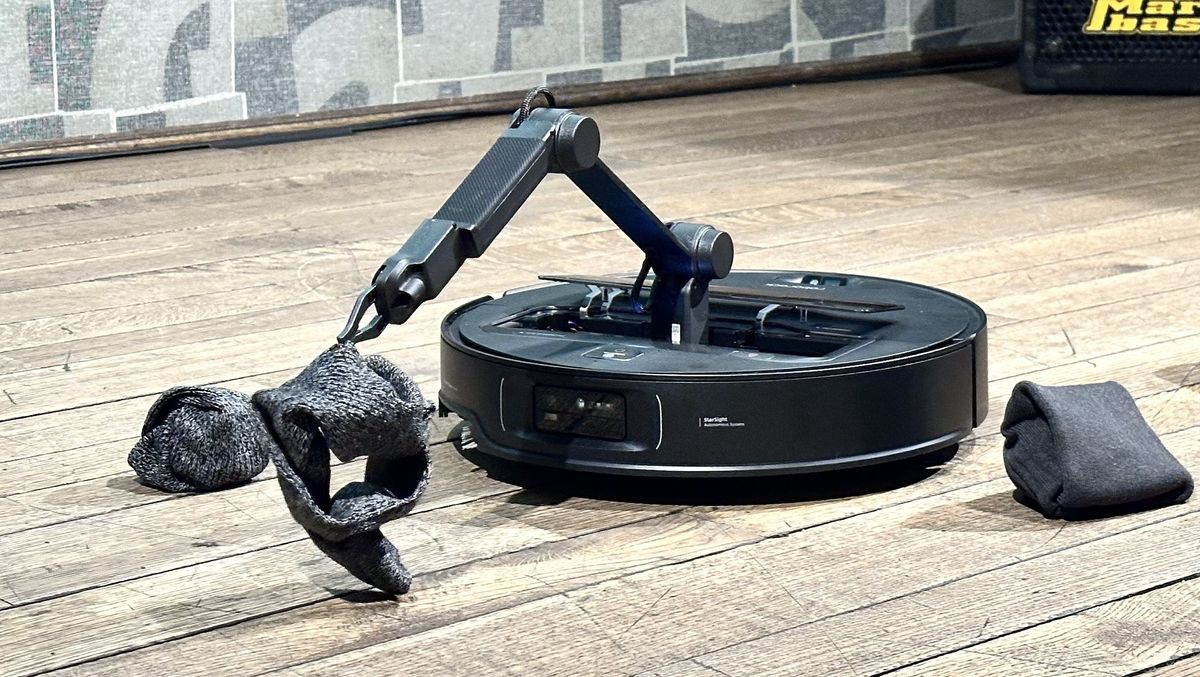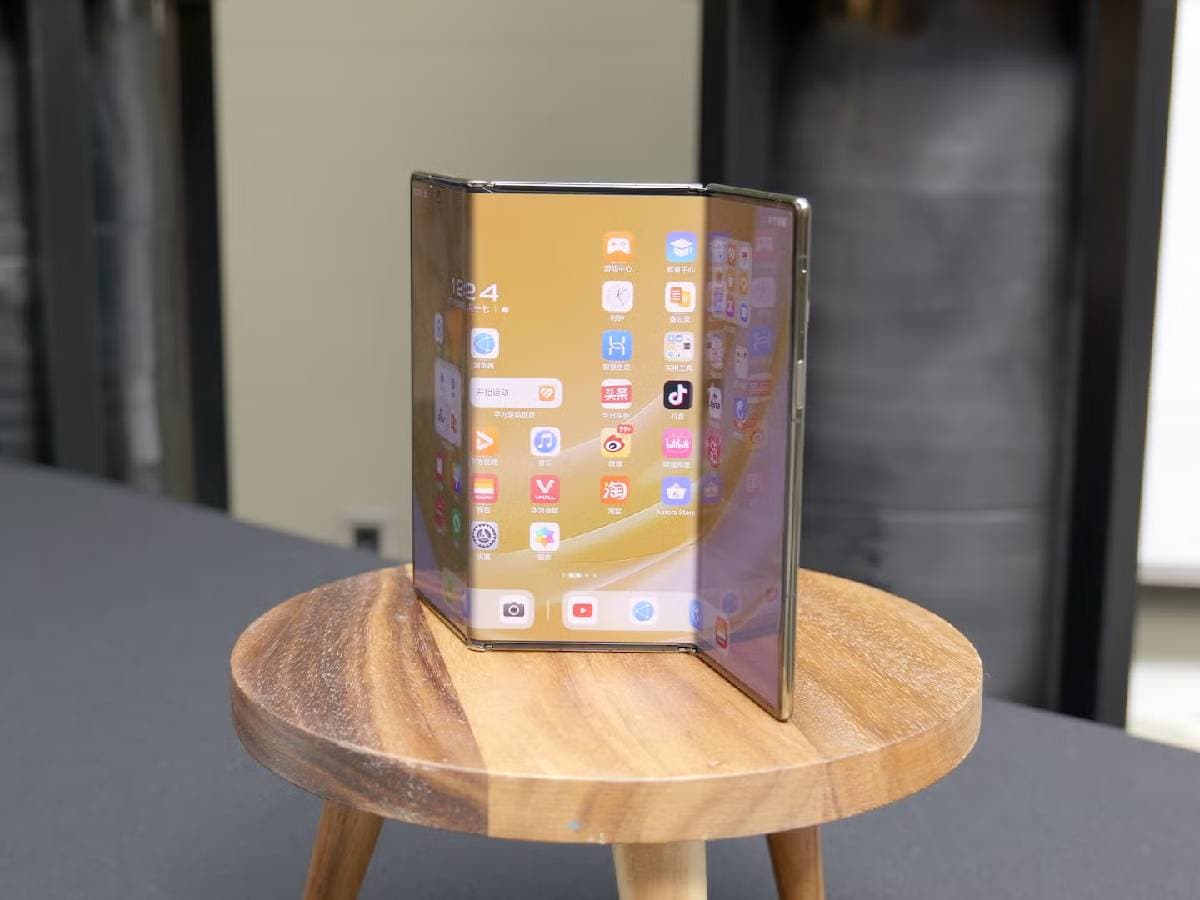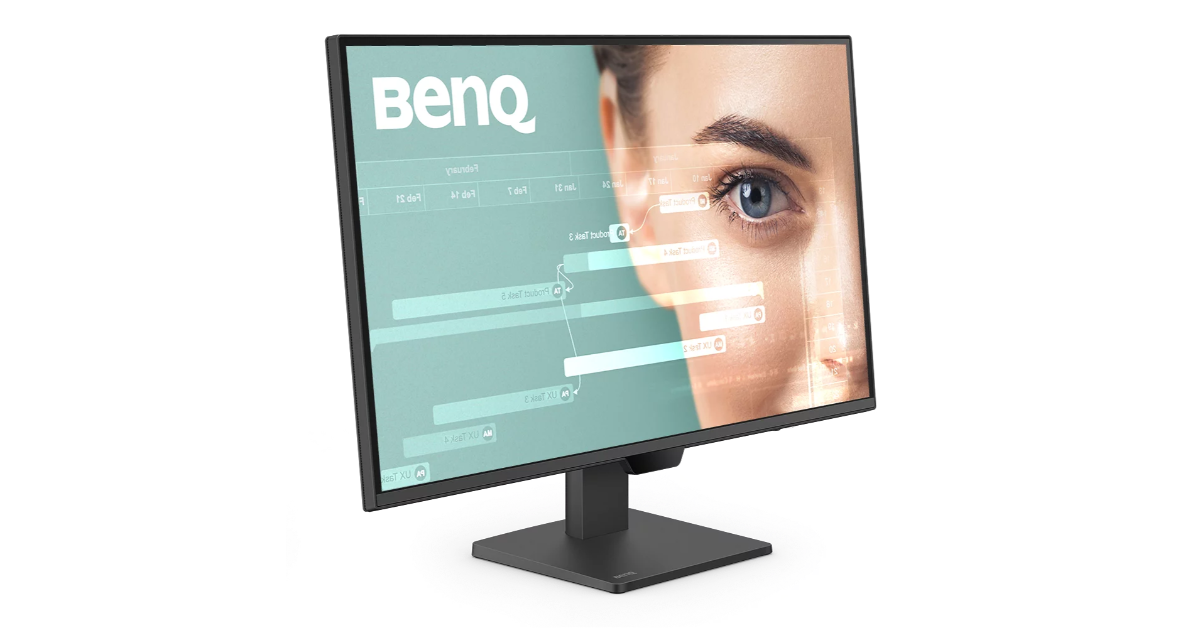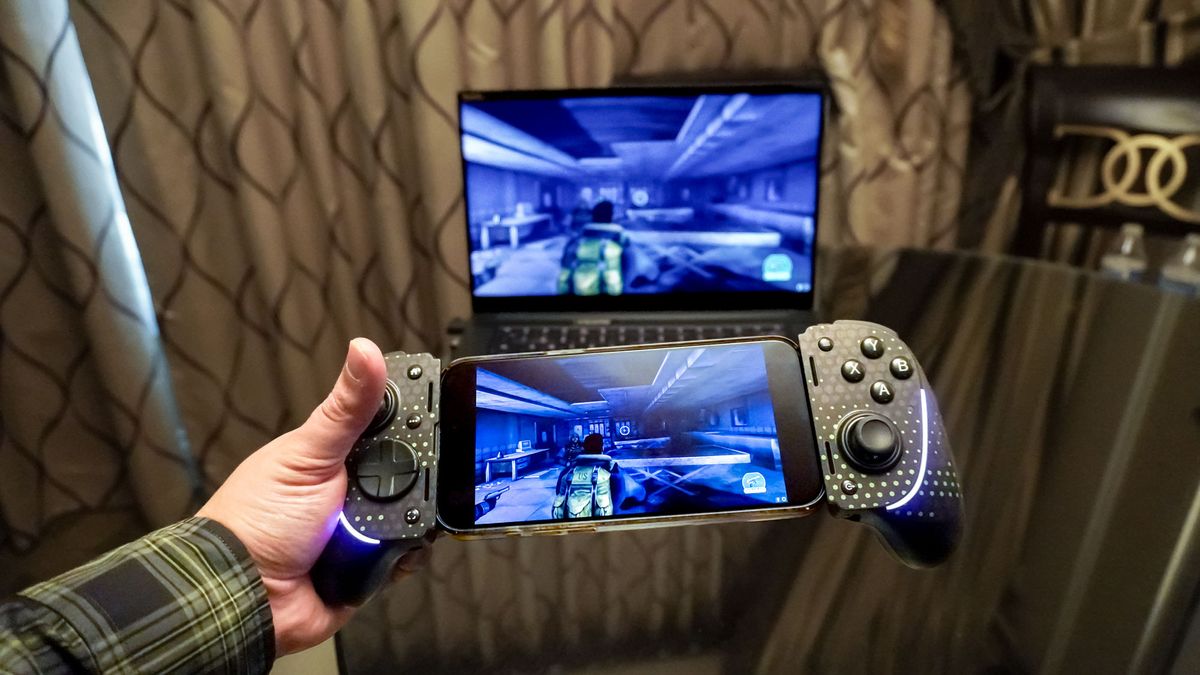In a sudden turn of events, Intel CEO Pat Gelsinger announced his retirement effective December 1, 2024, marking the end of his three-year tenure to revive the struggling chipmaker. The decision, reportedly prompted by frustrations within Intel’s board over its slow progress in reclaiming lost market share, signals a pivotal moment for the once-dominant semiconductor leader.
A Leader’s Exit, a Legacy Uncertain
Gelsinger’s return to Intel in 2021 was greeted with high expectations. As a long-time Intel veteran and former VMware CEO, he was seen as the ideal candidate to restore the company’s technological dominance. Yet, his ambitious turnaround plans faced stiff headwinds.
Read Also: Apple to pay at least $4.5 billion to Qualcomm for patent settlement
From delays in launching cutting-edge technology to missteps in the AI chip race—dominated by Nvidia—Intel struggled to regain momentum. Even Microsoft’s AI-driven PC launch snubbed Intel as a partner, further highlighting the company’s faltering position.
Despite receiving $7.9 billion in federal funding under the CHIPS and Science Act to bolster its domestic manufacturing, Intel’s next-gen chipmaking initiatives have stalled. Gelsinger’s proposed spin-off of Intel’s chipmaking business, coupled with halts in factory construction across Europe, only added to the turmoil.
Interim Leadership Amid Market Jitters
Following Gelsinger’s departure, Intel’s CFO David Zinsner and Intel Products CEO Michelle Johnston Holthaus will serve as interim co-CEOs. Meanwhile, board member Frank Yeary has stepped in as interim executive chair. The leadership shake-up underscores Intel’s precarious position as it faces fierce competition in both AI and traditional chipmaking sectors.
Investors reacted with mixed feelings. Intel’s stock saw an initial 6% surge before settling with a slight decline, reflecting lingering doubts about its future.
A Tenuous Path Forward
Under Gelsinger, Intel’s revenue suffered, with its chipmaking division reporting $7 billion in operating losses in 2023. Layoffs affecting over 15,000 employees added to the internal strain. Critics argue that Intel’s late entry into AI chips and inability to execute on ambitious manufacturing goals have left it playing catch-up in an industry defined by relentless innovation.
Read Also: Tim Cook completes 7 years as Apple CEO: Seven innovations and product
A Reset Is Overdue
Intel’s next leader faces an uphill battle—balancing innovation, competitive pricing, and the urgency of addressing AI demands. While Gelsinger’s tenure failed to meet expectations, it’s clear Intel’s challenges run deeper than one leader’s strategies. The board’s decision to part ways with Gelsinger may open doors to new ideas and approaches, but time is not on Intel’s side. A reboot of both strategy and execution will be crucial if Intel hopes to reclaim its former glory in an ever-evolving semiconductor landscape.




















 English (US) ·
English (US) ·